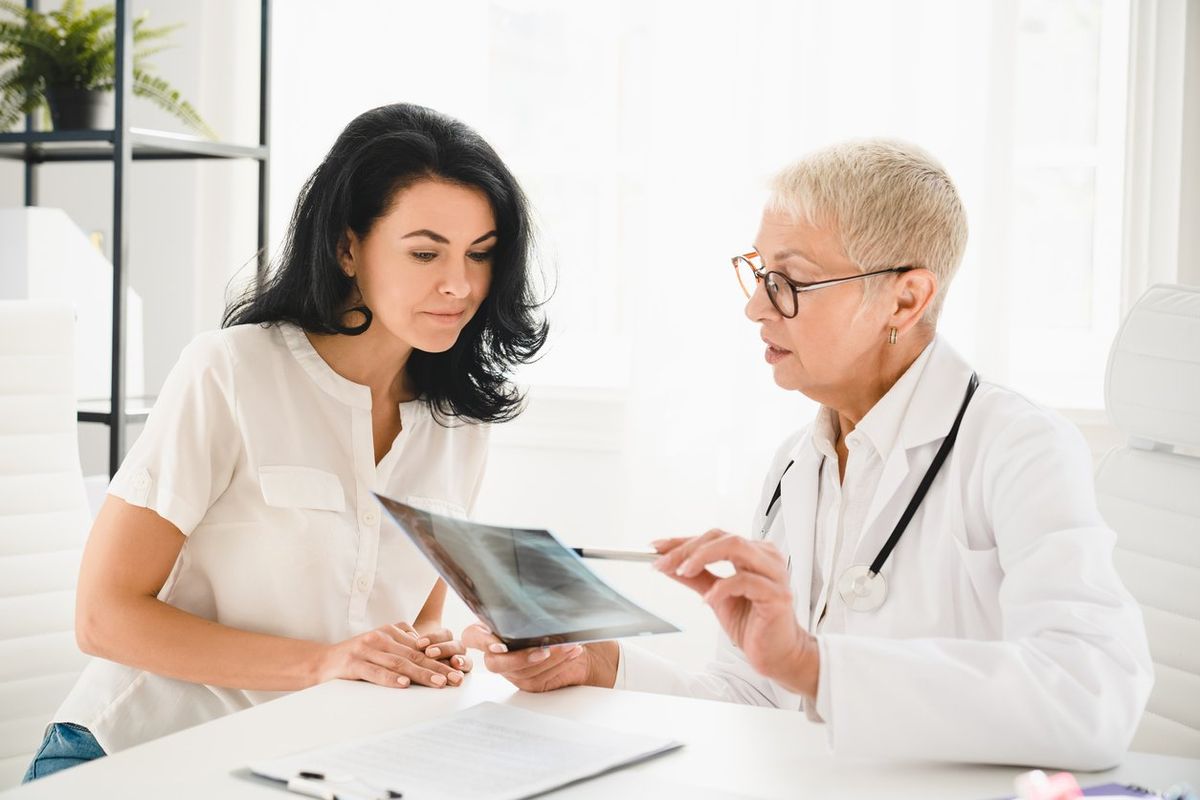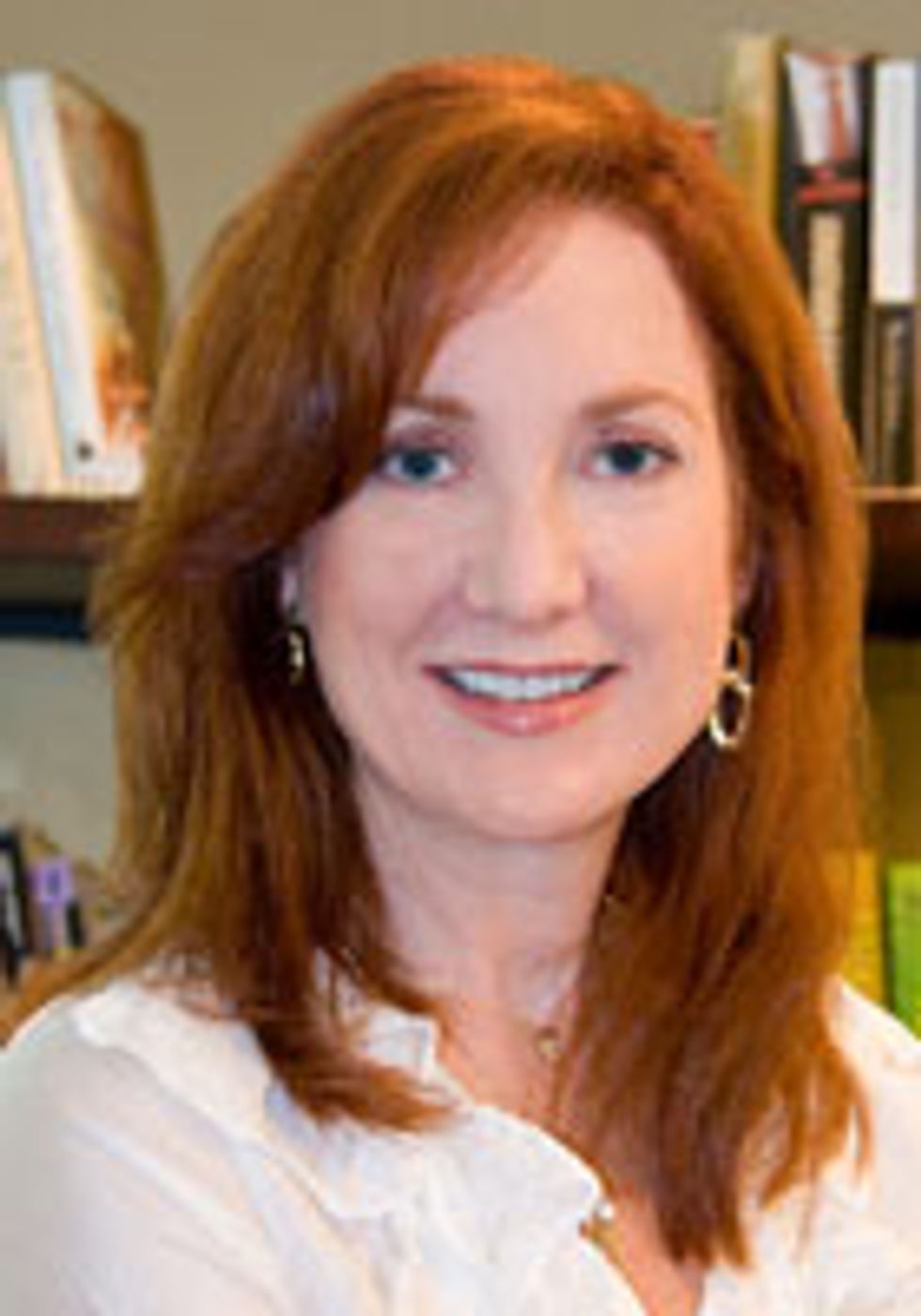
iStock.com/Inside Creative House
Communicating with Your Oncologist
Establishing a good relationship with your care provider is integral
Sep 18, 2009
Jul 24, 2023

Learn about our editorial policies


I'm lucky to have a wonderful oncologist. He's warm, compassionate and accessible. He greets me for my now-annual visits with a big hug and kiss. He holds my hand and looks me in the eye when I am talking. Although his waiting room is usually filled with patients, he acts as if I'm the only one there.
But it wasn't always that way.
When I was diagnosed at age 34, the word "oncologist" was not even in my repertoire. But just one day after my mastectomy, an unfamiliar doctor showed up by my bedside and announced that I'd have to come see him "to discuss treatment" about two weeks after my surgery. "Who are you?" I wanted to say. But I was in too much of a fog to fully comprehend what was going on. Ever the compliant patient, I held out my hand to accept the business card with the date of my future visit that he firmly pressed into it before he turned and left.
I don't remember much about the next two weeks; my memories are acutely blurred due to the pain killers and shock. But I do remember asking my surgeon, at my first follow-up visit a week after my surgery, why I needed to see an oncologist. "You'll most likely need some follow-up treatment," he said. And then I remembered what I saw and heard the day that the oncologist had entered my hospital room. He paused in the doorway to speak with my surgeon, and said, in what I remember as being a nasty, sarcastic tone, "If she thinks she's finished, she's wrong…the rest is not going to be a walk in the park."
And certainly my follow-up treatments were not a "walk in the park." Not only was the chemotherapy tough, but even tougher were my extreme feelings of alienation and hurt. I was full of questions, but my oncologist seemed only full of disdain. I wanted information, craved reassurance, yearned for some kind of security. He was not able to offer anything more than a treatment protocol. When my treatments ended, so did my relationship with his practice.
This scenario would most likely never happen today. Hopefully your connection with your doctor will be more like a partnership. Not only are patients more educated on how to communicate with their doctors, but there are a growing number of programs for doctors, as well. They are encouraged to do things like speak slowly, use plain language and, when possible, demonstrate their points using models or even by drawing pictures.
Much has been written about how good communication with your doctor makes a difference—both in the patient's satisfaction and the outcome. It's startling to read the average time a doctor spends with a patient. I've read estimates of anywhere from seven to 11 minutes (that's the average length of a shower!) Yes, it's unfortunate that time is so limited. That's why it's so important to prepare for your visit in advance and know how to make the most of it.
Below, I offer some tips garnered from various sources, including the excellent information offered by Dr. Marisa Weiss, president and founder of www.breastcancer.org, the U.S. Department of Health and Human Services' Office on Women's Health (www.womenshealth.gov).
And lastly, there are a couple more things I have experienced that I'd like to include.